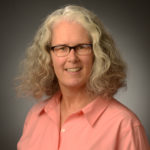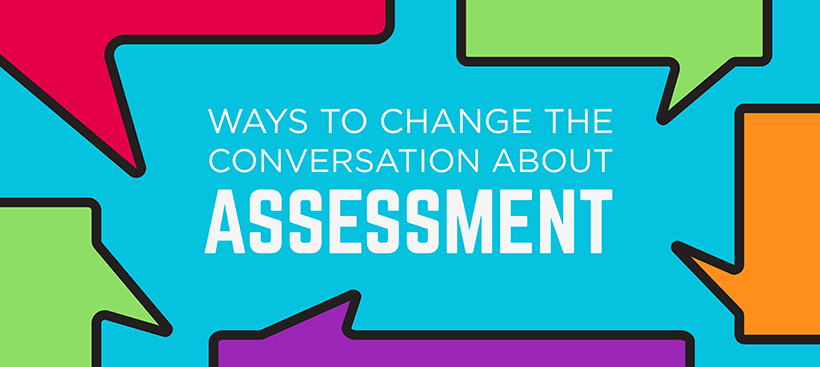From the NCTE Standing Committee on Literacy Assessment
This post was written by NCTE member Peggy O’Neill, a member of the NCTE Standing Committee on Literacy Assessment.
If you want to make teachers groan, just mention “mandatory professional development.” Tell them the PD is about assessment, and the groans might turn to even louder moans. As one teacher told us as part of the Assessment Story Project
“PLCs [professional learning communities] are really about raising test scores and not about best practices. We are meetinged to death. Constant discussions and pressure about test scores. Teachers cry. They are competitive in a fully unhealthy manner. Black and brown children are treated differently when it comes to gifted and talented identification.”
This response was confirmed in a later survey we did in which NCTE state policy representatives explained that testing drives many PD sessions, which are dominated by training in reading score reports, often with test vendors providing materials and expertise for these sessions.
This approach is far from the rich professional learning opportunities described by NCTE in “Shifting from Professional Development to Professional Learning: Centering Teacher Empowerment,” which aims to disrupt the run-of-the-mill understanding of PD and embrace the potential of it to transform teaching and learning.
Many of the key components of professional learning identified in the statement align with the goals of our committee and our work, as we illustrate below:
|
Key Components of Professional Learning |
Key Components of Effective Assessment |
|
Teachers are seen as |
Teachers are knowledgeable about assessment, |
|
Teachers are seen as |
Teachers should be the primary participants in |
|
Collaboration is recognized as a vital component. When teachers share their own expertise, learning from each other, as well as from administrators and consultants, a different kind |
Teachers value input from families, colleagues |
|
Teachers are encouraged to |
Teachers need to both know |
|
Teachers are encouraged to |
Teachers evaluate their students learning Getting Serious about Classroom Assessment; Standards for the Assessment of Reading and Writing Standard 3) |
|
Teachers become empowered |
Teachers can shift the conversation away from (Shifting the Focus from Testing to Assessment; NCTE Principles of Literacy Assessment) |
We believe that assessment has the power to transform education, but only if it is considered a rich, authentic component of teaching and learning, and if teachers are empowered to use their expertise and knowledge. Assessment in this framework is the opposite of the top-down, mandated testing approach that has dominated public education for more than two decades.
You can help us change the conversations about literacy assessment by:
- following our blog, Ways to Change the Conversation,
- participating in our NCTE Annual Convention sessions featuring teachers
- using NCTE resources such as the NCTE Principles of Literacy Assessment, the Position Statement on Writing Assessment, the Position Statement on Formative Assessment that Truly Informs Instruction, and the Standards for Assessment of Reading and Writing, as well as books, journals, and webinars.

Peggy O’Neill, a professor of writing and associate dean at Loyola University, Maryland, has been teaching writing for thirty years. Her primary scholarship is in writing assessment.

